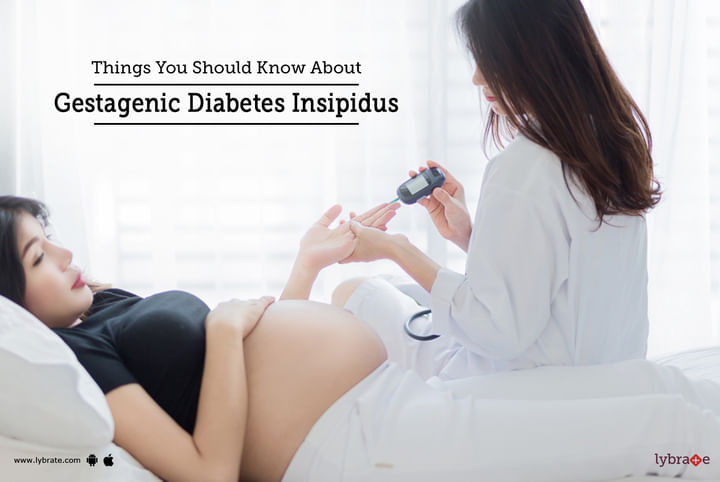Things You Should Know About Gestagenic Diabetes Insipidus
Gestagenic diabetes insipidus is a rare condition that affects women during pregnancy – especially during their third trimester. Once it does, the body’s ability to retain water is compromised. Therefore, it leads to increased thirst and frequent urination. Even though the disorder is not connected to other forms of diabetes, it still leads to similar symptoms.
What causes gestational diabetes insipidus?
This rare condition is caused due to an enzyme that the placenta produces. This enzyme inhibits proper functioning of vasopressin, a hormone that controls water retention in the body. The condition causes excessive urination, which in turn leads to increased thirst. Furthermore, if the disease affects you, you may not be able to control your bladder. This could lead to bedwetting episodes as well.
In some cases, the disorder runs in the family, while for others the exact cause is not known.
Symptoms of gestagenic diabetes insipidus
As the pregnancy progresses, pressure of the growing baby will affect the bladder and you will have a greater urge to urinate. However, if the frequency of urination increases too much, it could be a sign of gestagenic diabetes insipidus. Along with this increased frequency of urination, you will also feel uncontrollable thirst. Additional symptoms of the disease include nausea, weakness, and dizziness.
Treatment for gestagenic diabetes insipidus
In most cases, doctors may leave the condition untreated. Your healthcare provider will perform regular check-ups to ensure that your body is retaining enough fluids. Furthermore, you would need to carry adequate water wherever you go so that you can prevent dehydration.
Doctors may prescribe artificial vasopressin, desmopressin to you which helps to control urine and prevent bedwetting. This medicine allows your kidneys to absorb and manage fluids rather than getting rid of them in the form of urine.
Gestagenic diabetes insipidus is not a life-threatening condition. It subsides after pregnancy and does not require any long-term treatment. Therefore, you should not be too worried if your doctor diagnoses you with the disorder.


+1.svg)
